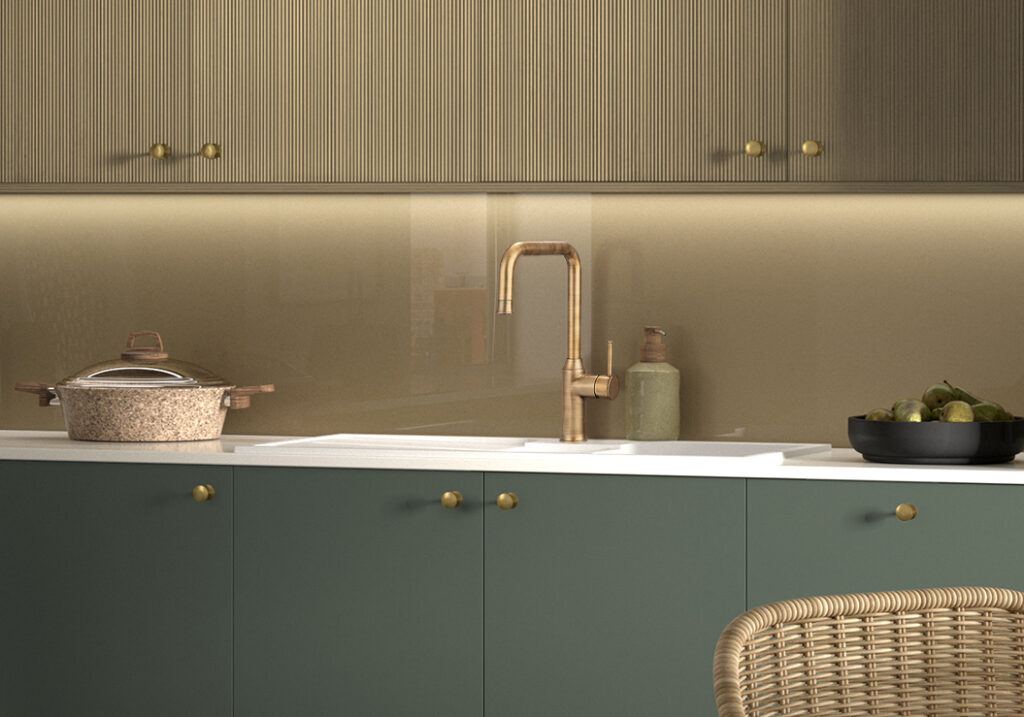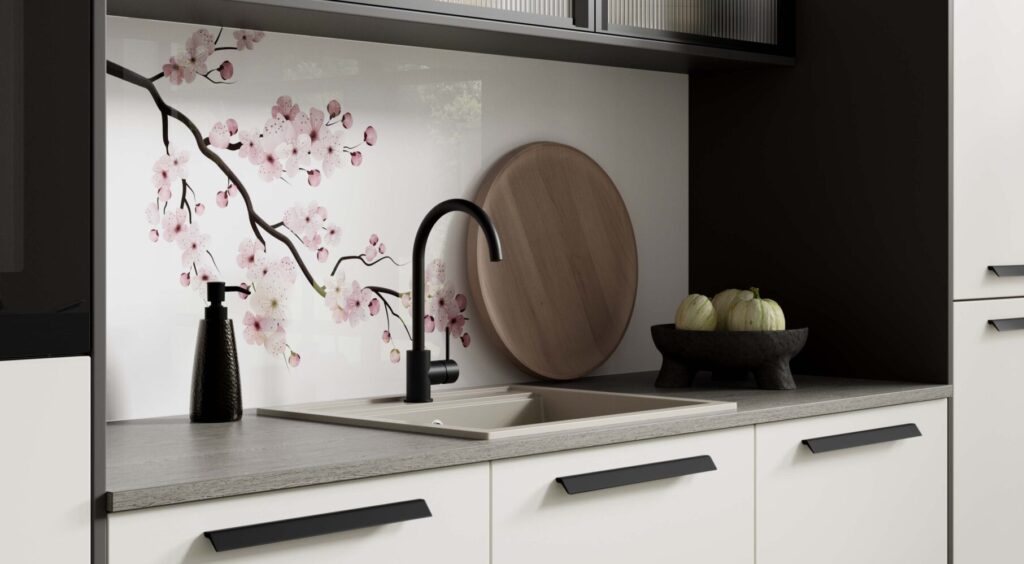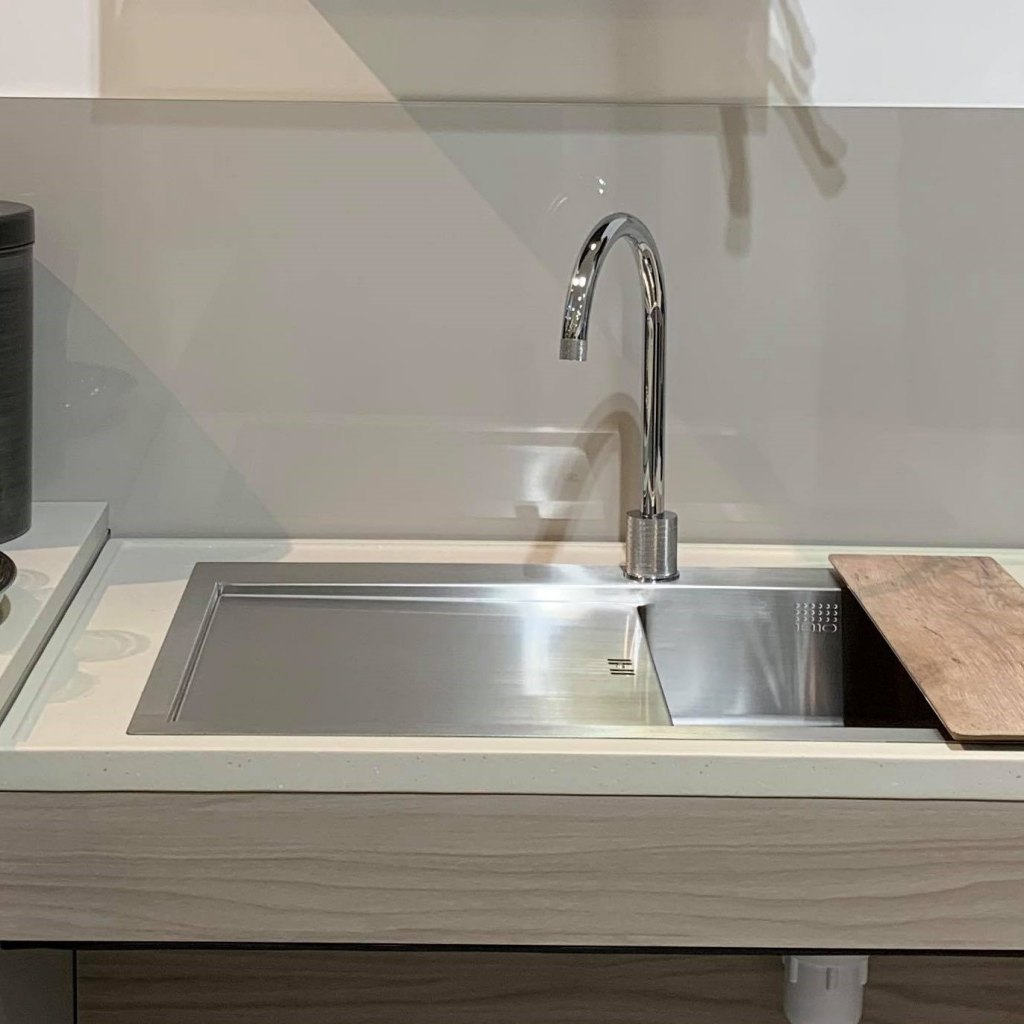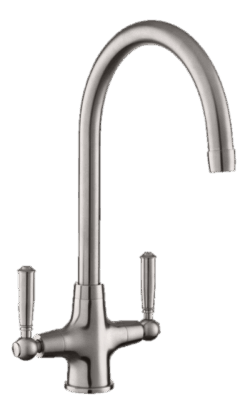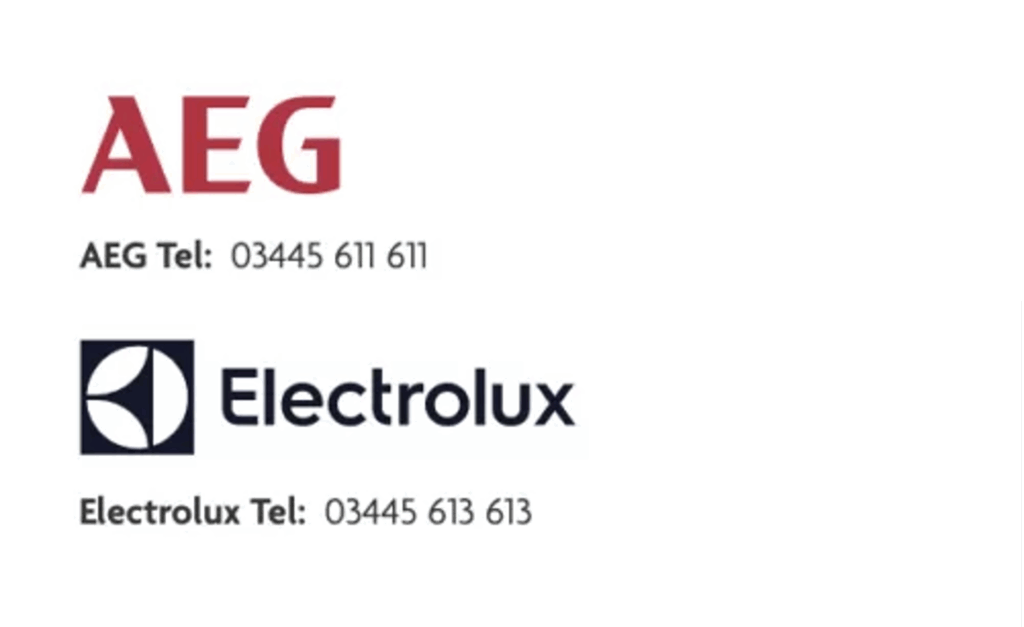"*" indicates required fields
FAQs
Which substances should not be allowed to come into contact with a Stainless Steel surface?
Mortar, cement, plaster, concrete, tile cement, grout, bleach, diluted bleach, cleaning products with bleaching agents or chlorine, acids, silver dip, photographic fluids, lengthy contact with salty liquids, hair dye, liquid soap which contains SLS (Sodium Lauryl Sulphate).
Does Stainless Steel scratch?
Stainless steel sinks will scratch during normal use. However, the appearance of the scratches can be made less noticeable using a stainless steel cleaner. Also, as the sink ages, the scratches gradually become less noticeable.
Can Stainless Steel sinks rust?
Due to the composition of most commercially available stainless steel sinks, they are incapable of rusting. However, should the surface of the sink be harbouring particles of, for example; plumbers swarf, steel wool pads, cast-iron pans, metal filings flushed through from mains pipeline, then it can give the appearance of having rusted. Water borne particles are particularly noticeable when new piping has been installed. These rusted particles should be removed using a proprietary stainless steel cleaner, e.g. Bar Keepers Friend, followed by thorough rinsing and drying with a soft cloth. If these particles are allowed to stand for any length it is possible for pitting to take place.
What would happen if I applied excessive heat to the Stainless Steel?
Flames or excessive heat, if applied to Stainless Steel will turn it blue or gold. This is an irreversible reaction, although chrome or stainless steel polishes (e.g. ‘Autosol’) can make an improvement. require treatment with a proprietary limescale remover and a soft brush. Rinse the sink thoroughly after limescale treatment.
Paint to Order Colours
Find the perfect colour scheme with our choice of on trend finishes
Chalk White
Harbour
Cashmere
Stone
Clay
Platinum
Pearl Grey
French Grey
Providence Blue
Hessian
Sage
Fern Green
Willow
Dusky Pink
Carmine Red
Caramel
Anthracite
Midnight Blue
Indigo
Hunter Green
Bottle Green
Black
Paint to Order Colours
Find the perfect colour scheme with our choice of on trend finishes
Chalk White
Harbour
Cashmere
Stone
Clay
Platinum
Pearl Grey
Providence Blue
Sage
Fern Green
Dusky Pink
Willow
Paint to Order Colours
Find the perfect colour scheme with our choice of on trend finishes
Chalk White
Harbour
Platinum
Pearl Grey
Stone
Sage*
Fern Green
French Grey*
Providence Blue
Cashmere
Dusky Pink
Ivy
*Please note these paint colours are not a match to the Laura Ashley paint colours of the same name.
View Brochure(s)
Ask us a Question
Please complete your details so our retailer can get in touch


